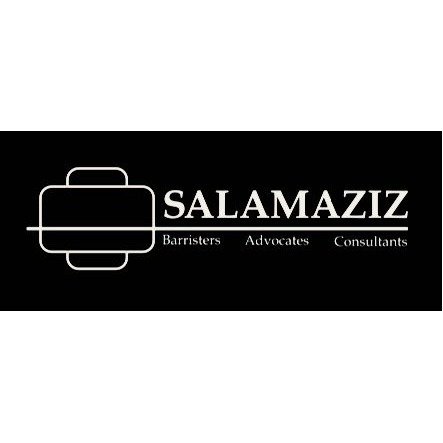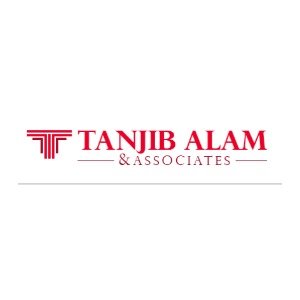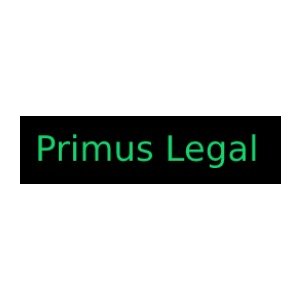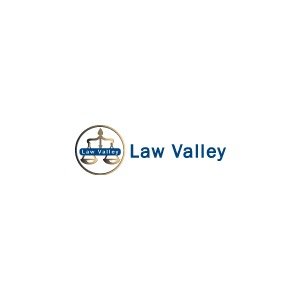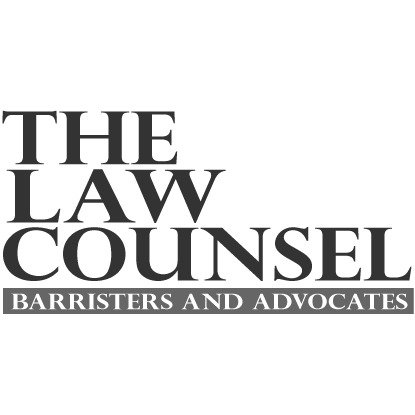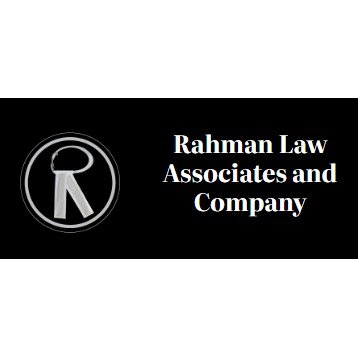Best Water Law Lawyers in Bangladesh
Share your needs with us, get contacted by law firms.
Free. Takes 2 min.
Or refine your search by selecting a city:
List of the best lawyers in Bangladesh
About Water Law in Bangladesh
Water Law in Bangladesh encompasses the set of legal rules and principles that regulate the ownership, management, use, conservation, and protection of water resources across the country. Considering Bangladesh's geography-crisscrossed by a dense network of rivers, canals, and wetlands-these laws are vital for ensuring equitable access, sustainable development, and environmental protection. Water Law in Bangladesh is influenced by various statutes, policies, international treaties, and customary practices. The focus is on managing water for domestic, agricultural, industrial, and ecological purposes while balancing the interests of individuals, communities, and the nation.
Why You May Need a Lawyer
There are numerous situations in which legal advice or representation regarding Water Law may be necessary. Some common scenarios include:
- Disputes over water rights or access between neighbors, communities, or businesses
- Conflicts involving irrigation, drainage, or management of water bodies
- Compliance issues with environmental laws relating to water pollution, waste disposal, or industrial effluents
- Land development projects that affect rivers, canals, or wetlands
- Seeking permissions and clearances for using water for commercial or industrial activities
- Fisheries rights and protecting water-based livelihoods
- Legal action against activities that may harm the local water environment
- Interpretation and enforcement of government regulations on water usage
A lawyer specializing in Water Law can provide informed advice, help navigate complex regulations, safeguard your rights, and represent your interests before administrative bodies and courts.
Local Laws Overview
Water Law in Bangladesh is shaped by a range of legislation, policies, and regulatory bodies. Some of the key aspects include:
- Bangladesh Water Act 2013 - The primary statute governing the protection, management, development, use, and conservation of Bangladesh’s water resources. It emphasizes integrated water resource management and has established the National Water Resources Council and Water Resources Planning Organization for oversight.
- Environment Conservation Act, 1995 - Includes provisions for the prevention and control of water pollution, as well as penalties for violations.
- The Protection and Conservation of Fish Act, 1950 - Governs rights, restrictions, and management relating to fisheries within water bodies.
- Canal Act, 1864 and Embankment and Drainage Act, 1952 - Address irrigation, flood control, and drainage-related rights and responsibilities.
- National Water Policy (NWP) 1999 - A comprehensive policy providing guidance on water rights, allocation, infrastructure, and sustainability.
Local administrative bodies such as the Bangladesh Water Development Board, Department of Environment, and district-level authorities enforce various regulations and mediate disputes. The intricacy of overlapping statutes and authorities often necessitates professional legal guidance.
Frequently Asked Questions
What are water rights in Bangladesh?
Water rights generally refer to the legal entitlements for individuals, communities, or businesses to use water resources for specific purposes. These rights are subject to statutory regulations and must not harm the environment or infringe on the rights of others.
Do I need permission to use river or groundwater for my business?
Yes, any commercial use of river water or extraction of groundwater typically requires permission or a license from relevant authorities such as the Bangladesh Water Development Board or Department of Environment.
What is the penalty for polluting water bodies?
Penalties vary depending on the extent and severity of the offense. The Environment Conservation Act 1995 and the Water Act 2013 prescribe fines, imprisonment, or both for polluting or damaging water resources.
Can local communities intervene if someone is illegally extracting water?
Yes, affected communities can file complaints with local authorities or pursue legal action. The law encourages participation of stakeholders in water management and protection.
Who resolves disputes between two parties over water access?
Disputes are initially handled by local administrative bodies. If not resolved, parties may seek recourse through the courts or relevant tribunals.
Are there restrictions on constructing structures near rivers or wetlands?
Yes, construction near rivers, canals, and wetlands is regulated. Approvals and environmental clearances are mandatory to ensure ecological balance and flood management.
How are fisheries regulated under Water Law?
The Protection and Conservation of Fish Act 1950 and relevant rules regulate fishing practices, seasons, and conservation measures. Permits may be required for commercial fishing.
Does the law address climate change impacts on water resources?
Recent policies, notably the Bangladesh Water Act 2013 and National Water Policy, call for integrated water resource management and measures to address climate change risks such as floods, droughts, and salinity intrusion.
Is rainwater harvesting regulated?
While not universally mandated, certain building codes and local authorities encourage or require rainwater harvesting practices in new constructions, particularly in urban areas.
How do I make a complaint about water pollution?
You can submit complaints to the Department of Environment or local government offices. In cases of significant harm or inaction, legal recourse through courts is also available.
Additional Resources
If you need further information or assistance, the following resources and organizations can be helpful:
- Bangladesh Water Development Board (BWDB) - Manages water resources, infrastructure, and licensing.
- Department of Environment (DoE) - Monitors water pollution and enforces environmental regulations.
- Ministry of Water Resources - Formulates policies, implements large-scale water management projects, and sets national priorities.
- Bangladesh Environmental Lawyers Association (BELA) - Provides legal support and advocacy in environmental and water-related cases.
- Local Government Engineering Department (LGED) - Works on rural and urban water supply systems and related infrastructure.
Next Steps
If you believe you need legal assistance regarding Water Law in Bangladesh, it is important to take the following steps:
- Gather all relevant information and documents related to your water issue or dispute
- Identify the specific nature of your problem-such as rights, permits, pollution, or disputes
- Contact a lawyer who specializes in Water Law or environmental law for advice
- Consider reaching out to relevant government departments for preliminary information or to report violations
- If mediation or administrative solutions do not work, discuss with your lawyer the prospects of formal legal action or litigation
- Follow up regularly and ensure compliance with all legal and procedural requirements
Navigating Water Law in Bangladesh can be complex. Seeking qualified legal guidance early can help protect your interests and achieve the best possible outcome.
Lawzana helps you find the best lawyers and law firms in Bangladesh through a curated and pre-screened list of qualified legal professionals. Our platform offers rankings and detailed profiles of attorneys and law firms, allowing you to compare based on practice areas, including Water Law, experience, and client feedback.
Each profile includes a description of the firm's areas of practice, client reviews, team members and partners, year of establishment, spoken languages, office locations, contact information, social media presence, and any published articles or resources. Most firms on our platform speak English and are experienced in both local and international legal matters.
Get a quote from top-rated law firms in Bangladesh — quickly, securely, and without unnecessary hassle.
Disclaimer:
The information provided on this page is for general informational purposes only and does not constitute legal advice. While we strive to ensure the accuracy and relevance of the content, legal information may change over time, and interpretations of the law can vary. You should always consult with a qualified legal professional for advice specific to your situation.
We disclaim all liability for actions taken or not taken based on the content of this page. If you believe any information is incorrect or outdated, please contact us, and we will review and update it where appropriate.
Browse water law law firms by city in Bangladesh
Refine your search by selecting a city.





